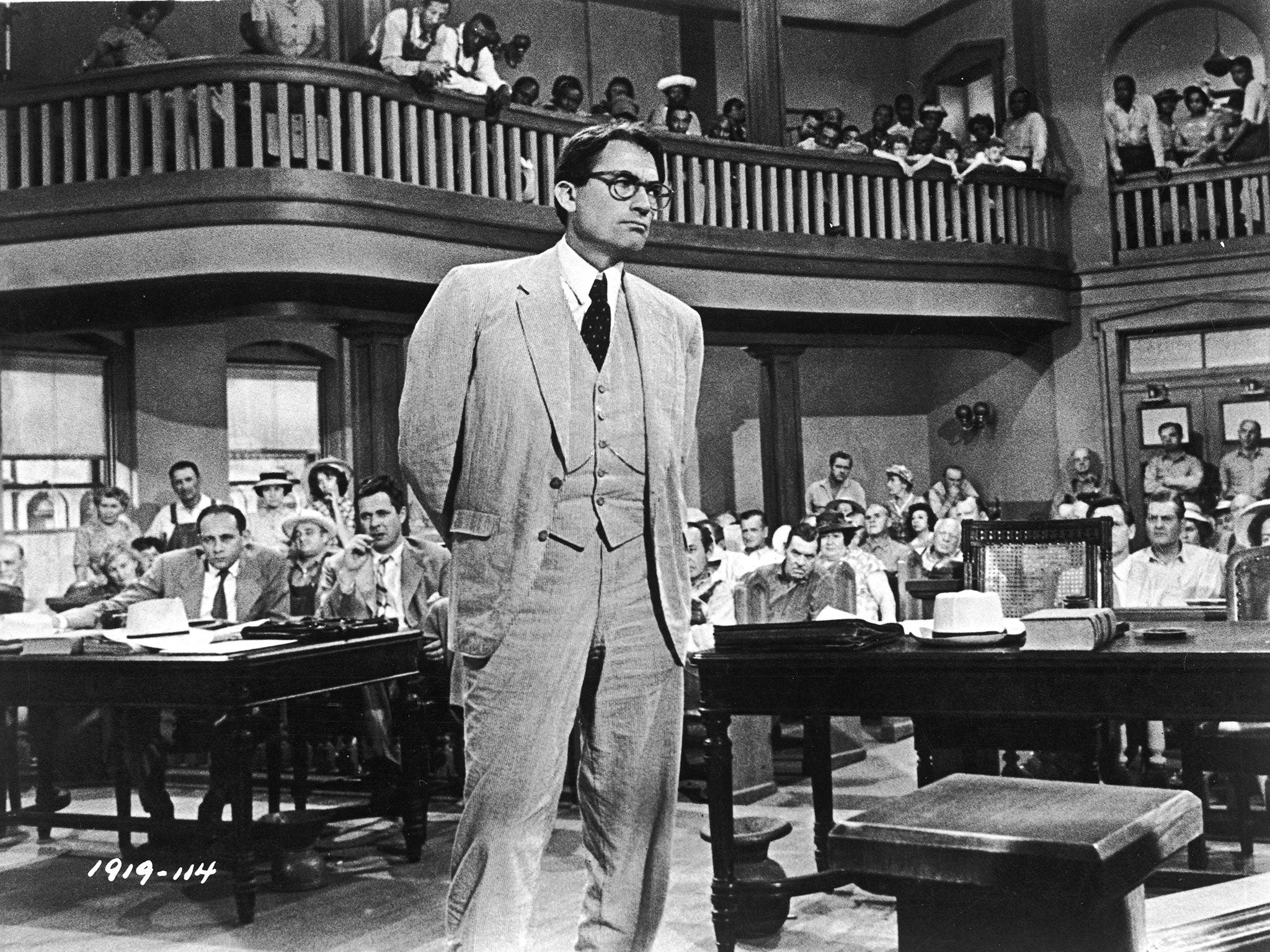To Kill a Mockingbird named the ultimate coming-of-age novel at Bath Literature Festival event
Cultural critics debate 21-strong list before audience votes for Harper Lee's novel over The Catcher in the Rye

The Catcher in the Rye may be the definitive coming-of-age novel for millions of people around the world, but not for readers in the west of England. Visitors to the Bath Literature Festival have instead deemed To Kill a Mockingbird as the ultimate novel depicting the transition to adulthood.
The surprise result came from an event staged on Sunday to debate the best coming-of-age novels as part of the “forever young” theme of the festival, which is celebrating its 21st birthday.
Three cultural critics debated a 21-strong list that had been drawn up with expert advice, championing their favourites, and the audience voted on a winner.
Viv Groskop, artistic director of the festival, championed Harper Lee’s novel about race relations in the American South seen through the eyes of Scout: “I read it when I was 13 and it changed my life,” she told the audience in Bath’s Guildhall. “It is the ultimate coming of age novel for me because it’s told from the perspective of a changing child beginning to see the world in more mature eyes.
“A coming-of-age novel is a personal book because you identify with a character, and it has resonance in your own life,” Ms Groskop said. “But it also has a wider message about morality and prejudice. To Kill a Mockingbird had all that for me.”
The 15 best opening lines in literature
Show all 15Lee died this month at the age of 89. The literary world was shocked last year when she agreed to publish a second novel, Go Set a Watchman, which was written prior to Mockingbird, and dealt with some of the same characters 20 years after the events of the first book.
Mark Lawson, the writer and broadcaster, caused some dissent when he said that Go Set a Watchman “is better than To Kill a Mockingbird, for the reason that Scout has grown up”.
The titles under consideration
- To Kill a Mockingbird, Harper Lee
- The Catcher in the Rye, JD Salinger
- Great Expectations, Charles Dickens
- Jane Eyre, Charlotte Brontë
- The Bell Jar, Sylvia Plath
- The Adventures of Huckleberry Finn, Mark Twain
- The Secret History, Donna Tartt
- Cider with Rosie, Laurie Lee
- Oranges Are Not the Only Fruit, Jeanette Winterson
- The Curious Incident of the Dog in the Night-Time, Mark Haddon
- Norwegian Wood, Haruki Murakami
- A Portrait of the Artist as a Young Man, James Joyce
- The Virgin Suicides, Jeffrey Eugenides
- The Book Thief, Markus Zusak
- The Gracekeepers, Kirsty Logan
- The Member of the Wedding, Carson McCullers
- The Go-Between, LP Hartley
- I Capture the Castle, Dodie Smith
- The Line of Beauty, Alan Hollinghurst
- The Rotters’ Club, Jonathan Coe
- Go Tell It on the Mountain, James Baldwin
JD Salinger’s The Catcher in the Rye was the focus of some debate. Ms Groskop said that it had topped many previous lists, but Mr Lawson called it “overrated”.
While he said that “stylistically it’s a fantastic book and technically an amazing feat”, he worried it “fetishised alienation”. His favourite coming of age novel from the list was Oranges Are Not the Only Fruit by Jeanette Winterson. “To me it’s one of the most original comic and pseudo-comic novels that has ever been written.”
Stephanie Merritt, the novelist and critic, championed Jane Eyre by Charlotte Brontë. “It gripped me completely, it was everything I thought a coming-of-age story should be,” she said.
“Books can really become friends in those teenage years. To find a book whose characters may be different from you but are going through similar things and make you feel less alone and less distant from the rest of the world and opens your eyes to the rest of society is hugely important.”
There was no presence of young adult fiction on the list, and while the Harry Potter series was mentioned, the panel decided to exclude the seven novels.
“I wonder if the idea of coming of age is a literary idea,” Ms Groskop said, and added that the rise of the young adult fiction genre may stop younger readers tackling the classics at an impressionable age.
“They might not read Jane Eyre at the age of 13, but The Hunger Games. They may be great young adult novels, but I’d much rather someone read Jane Eyre.”
Subscribe to Independent Premium to bookmark this article
Want to bookmark your favourite articles and stories to read or reference later? Start your Independent Premium subscription today.

Join our commenting forum
Join thought-provoking conversations, follow other Independent readers and see their replies